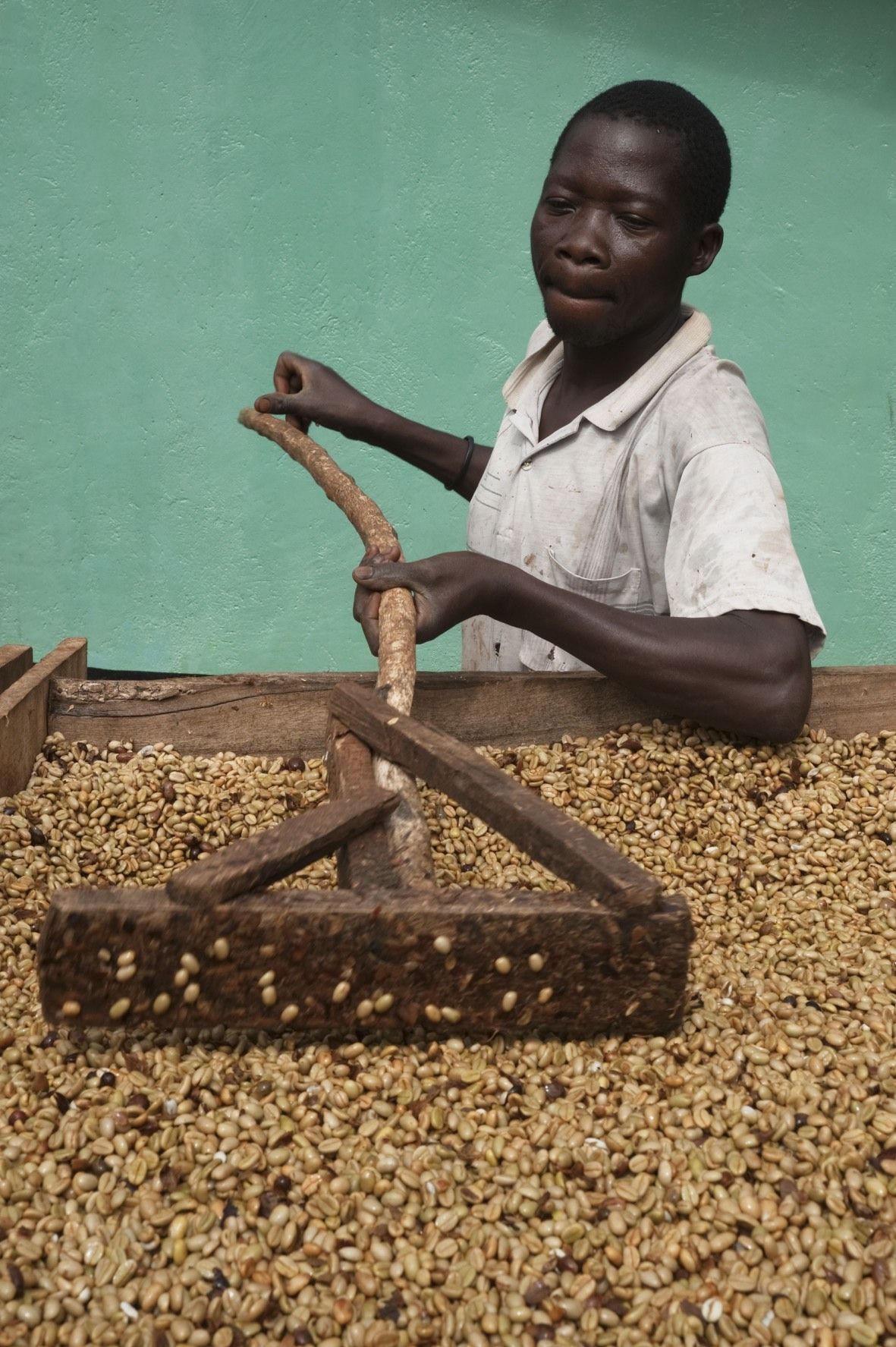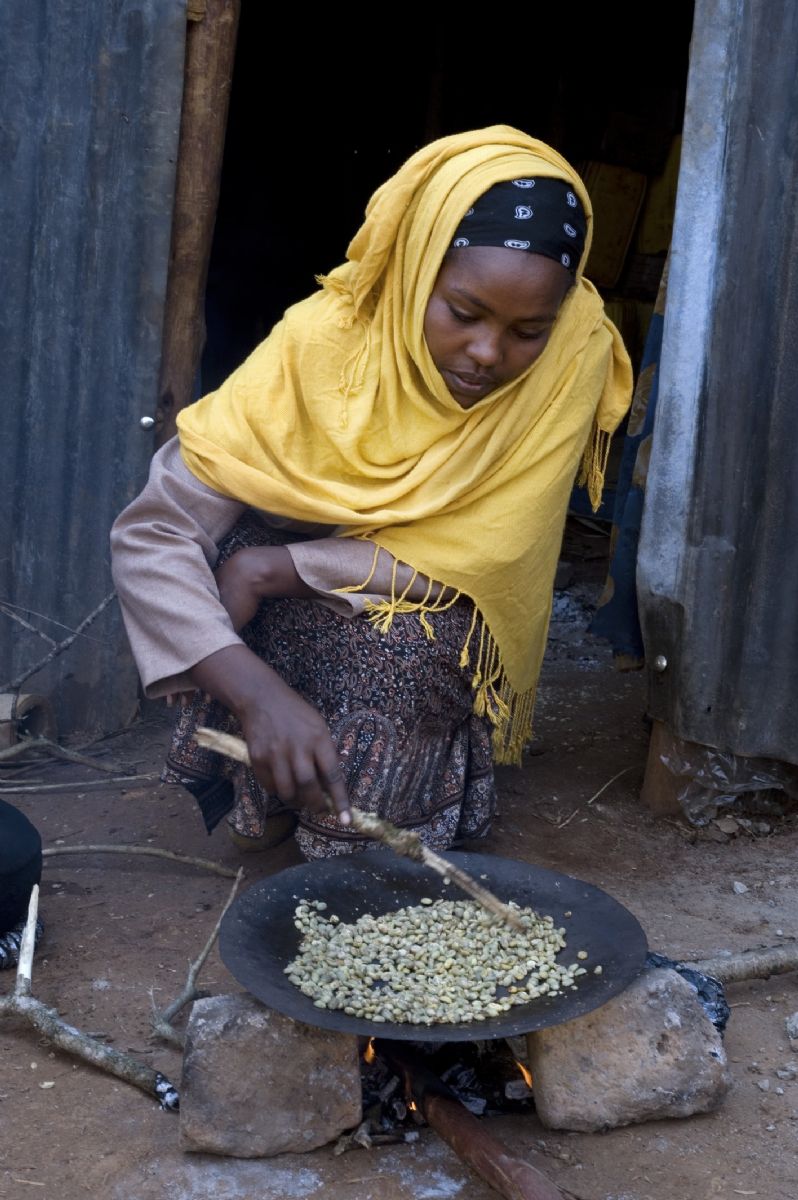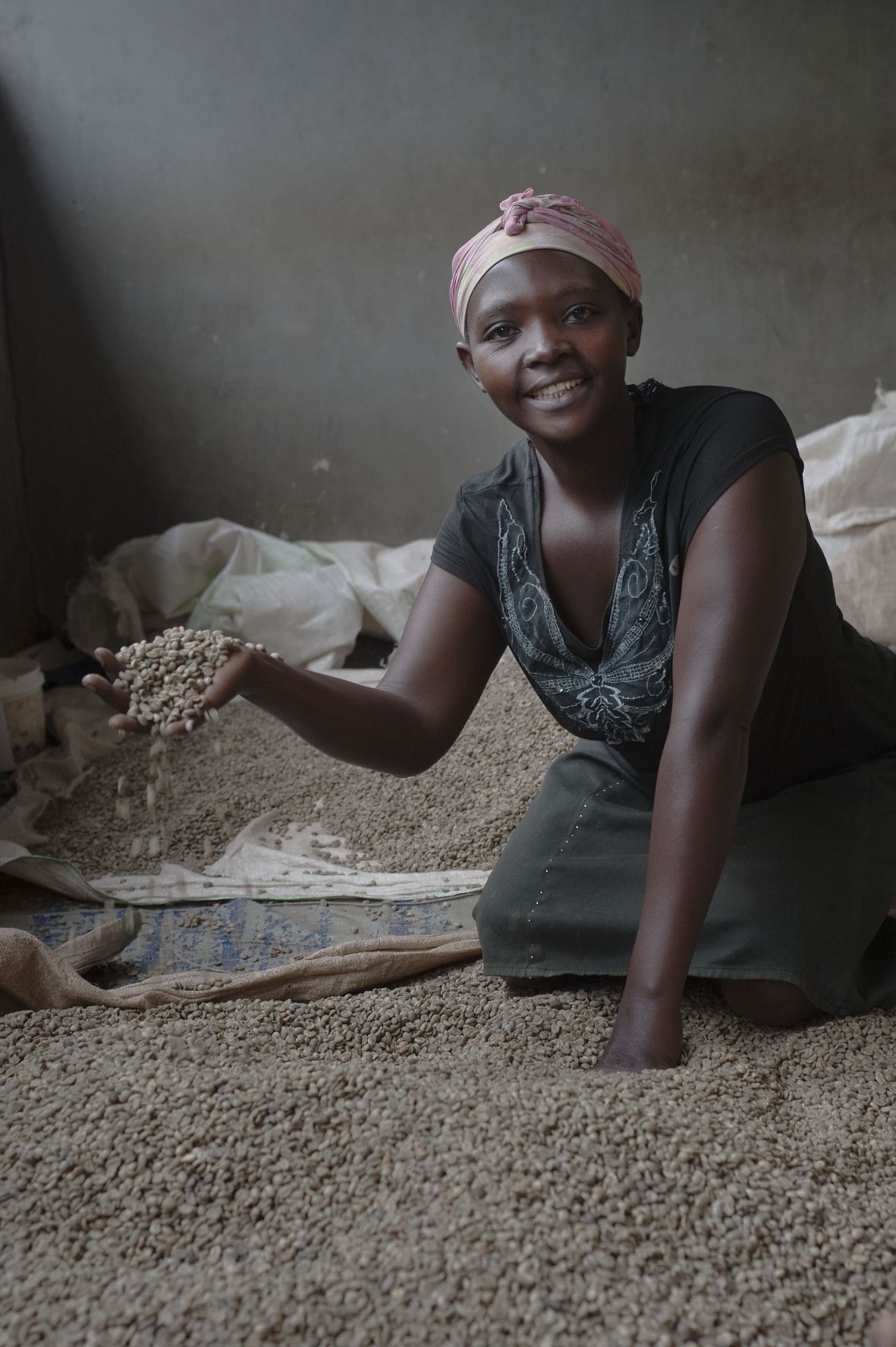Originally published in Issue 17 of The Coffee Magazine
Why should you care where your coffee comes from?
The farmers at the very beginning of the supply chain are often taken for granted and taken advantage of. Konrad Brits explains why you as a consumer should try to support companies that source their beans responsibly.
Words by Konrad Brits of Falcon Coffees
Imagery by Graeme Williams
“There is a growing movement within the coffee industry to push past the story telling. We want to hold onto the magic and the romance, but to do so while acknowledging the stark truth about where and how coffee is farmed and by who. To tell the story and make a difference.”
In recent years the food industry has responded to our desire to understand both the provenance of the food we eat and the manner in which it is produced. Small-scale and local, is on the rise, taking bite-sized chunks out of the large retailers and chain stores. Micro brewing sits alongside the artisan bakers, butchers of hand reared meat and even olive farmers in connecting with their local communities, adding value to their goods in response to our innate desire to acquire and consume more responsibly.
When we read the stories behind these products, there is a common theme. We are introduced to the people, the makers. We find out what their motivation is, how they do what they do and the care with which they undertake the process. There is an interconnectedness between us and the makers and their produce. In buying their goods we feel aligned with their ethos and part of a supply chain that is visible, easily understood and positive.
The micro-roasting coffee community has been part of this movement for some time. The phenomenal rise of Starbucks during the nineties accelerated the growth of a fledgling specialty coffee industry that is now a global force that has permeated every single coffee market in the world. Today there are very few cities left in the world where you won’t find someone roasting artisanal coffee and striving to present the very best coffees to their community.
The vocabulary of coffee has developed at an equally rapid a pace, offering coffee drinkers an array of choice, not only the type of drink, but also the variety of tree, the manner in which the coffee was processed and its place of origin. Simple Colombian coffee of old is replaced by a “honey-processed red bourbon from Finca Las Carmalitas from the southern highlands of Narino”. The beautifully rhythmic names of Rwandan coffee washing stations, like Abakundakawa (“abba-koen-da-kah-wah”), adorn blackboards and brown paper coffee bags in specialty shops all over the world.
Coffee lends itself to story-telling, to romance. It is a sensual product, sourced from exotic countries in the tropics that many coffee drinkers will have only ever heard of. It is here that the details of the provenance and the story telling about the coffee, can blur and wander from the truth; where marketing and fact part company under the shroud of long supply chains in remote parts of far-off countries where travel is difficult and the chain of custody complicated. This is not to question the integrity of your coffee vendor. They often rely on the quality of information provided by the traders and importers that supply them with the raw beans. Unlike bakers who’s wheat comes from a single farm down the road, or the butcher that sources meat from a neighbouring farm, coffee travels immense distances from remote places and changes hands many times between farmer and roaster. If the story is to be credible, that coffee’s journey has to be mapped.
There is a growing movement within the coffee industry to push past the story telling. We want to hold onto the magic and the romance, but to do so while acknowledging the stark truth about where and how coffee is farmed and by who. To tell the story and make a difference.
Over 30 million smallholder coffee farmers grow more than 70% of the world’s coffee in fifty of the world’s poorest countries. These countries, almost without exception, fall into the poverty traps of conflict, poor governance, land-locked with poor neighbours and the mineral wealth trap. Almost all of these farmers lack access to credit, to resources and to markets. They are forced to sell their crops to middle-men that with cash, transport and the local language, are the only buyers they know. For most, coffee is the only cash crop they produce while subsistence farming. Coffee is what pays school fees, buys medicine and supplements their diet through the dry season.
Coffee farmers across all origins today have an average age of 55 to 57 year. It is plain to see that the younger generation are not interested in pursuing their parents as coffee farmers. An ageing farming population is combining with climate change, urbanization and land pressure to threaten the future of the coffee industry. The simple question posed is where will we get the raw material from to feed the roasting factories of tomorrow if we do not address the needs of the smallholder farmers upon whom our entire industry relies? We need to not only make coffee farming sustainable, but also an attractive way of life, offering people security, dignity and the opportunity to provide for their families.
The good news is that as an industry, we are responding. The need to address the welfare of others has moved from social justice and philanthropy to everyone’s bottom line. No coffee, no business.
There is a myriad of initiatives underway, from micro finance through social impact lenders to climate change resistant varietals developed by World Coffee Research.
USAID, Gates Foundation and other donors are partnering with coffee companies operating on the ground to provide agronomy training, access to credit and market access. Coffee roasters and retailers are looking beyond the certification seals of Fairtrade and Organic to better understand how supply chains function. The overall result of these activities is the decommoditisation of coffee, as transparency to farmer is the first building block to any sustainable initiatives.
While much of the world’s coffee is still aggregated by middlemen in its place of origin, the tide is turning against this opaque way of sourcing.
Our role, as coffee drinkers, baristas, roasters and coffee importers, is to support this global initiative by asking to be told the story of provenance, the chain of custody of the coffee we are being served. As with the baker and the brewer, this information, while harder to come by, should be offered with the knowledge and pride of a maker.




